Guiding the Next Gen of Leaders UCLA Luskin welcomes new and returning Senior Fellows from the public, private and nonprofit sectors
By Stan Paul
For more than two decades the Senior Fellows Leadership Program at the UCLA Luskin School of Public Affairs has matched the School’s students with professionals.
UCLA Luskin Public Policy, Social Welfare and Urban Planning students have enhanced their academic experience with real-world, practical applications by making direct connections with individuals working in their areas of interest.
This year is no exception. Now in its 21st run, the program has fielded an outstanding class of fellows representing a wide range of professional expertise. The 2017-18 class includes a former U.S. Congresswoman, a current U.S. Foreign Service officer, the president of a popular local news media and cultural outlet, and an advocate for children’s rights.
“We are particularly proud of this group of Senior Fellows in part because it’s one of the largest groups of new and returning fellows,” Dean Gary Segura said in his opening remarks at an Oct. 26, 2017, welcome breakfast marking the kickoff of the 2017-18 Senior Fellows. “We are overwhelmed by your generosity. More importantly, we are overwhelmed by your willingness to share some of your valuable time with the next generation of leaders in Los Angeles and beyond. And, I mean by that, the 575 young people that make up the student body of the Luskin School of Public Affairs.”
Among the returning Senior Fellows is David Carlisle, president and CEO of Charles Drew University of Medicine. Carlisle, who also is an adjunct professor at the David Geffen School of Medicine at UCLA, served as keynote speaker for the gathering at UCLA’s Faculty Center.
“This is one of the most wonderful activities that I do every year … and I look forward to coming back because of the interaction with young people that this program provides,” Carlisle said to Luskin student mentees, faculty, staff and guests.
In his presentation, Carlisle, who has served as a Senior Fellow since 2007, stressed the continued importance of the mentor program. In an economic sense California is experiencing a “golden age,” Carlisle said. But “we are still challenged by meeting demands cultivating personal capital in the state of California and the United States … human capital. And, there are too many places in our state where people are still challenged to participate fully in the economic engine that is the state of California.”
For second-year Master of Urban and Regional Planning student Sonia Suresh, an interest in affordable housing development and working with homeless populations led to her choice of Anita Nelson as a Senior Fellow mentor. Nelson is the CEO of SFO Housing Corporation, a Los Angeles-based organization committed to providing housing and support services for homeless and low-income people.
“We had a great conversation on our backgrounds and interests, as well as the type of affordable housing her organization builds,” said Suresh, who is also a member of Planners of Color for Social Equity at UCLA Luskin. “We have set up a day for me to shadow her and her development team.”
Second-year Master of Public Policy student Bei Zhao and first-year urban planning student Alexander Salgado were partnered with returning fellow Steven Nissen, senior vice president, legal and governmental Affairs, for NBC Universal.
Zhao, a native of China who has worked in investment banking in Beijing, said that the breakfast and mentor program provided the opportunity to talk about participants’ backgrounds and professional experience. She said she was amazed by Nissen’s experience bridging the private, public and nonprofit sectors, “which is also the direction I want to build for my own career.” Zhao said she hopes to apply her public policy and finance experience in the public sector of a nonprofit organization.
Nissen and his mentees have already planned on continuing their conversation. “At the end of the breakfast, he invited us to visit NBC Universal for further meetings … which shows his generosity for the future generation,” Zhao said.
The Senior Fellows Leadership Program is part of the Luskin School’s Leadership Development Program which is led and organized each year by VC Powe, director of career services and leadership development.
In addition to Nelson, new members of the Senior Fellows are:
- Elizabeth Calvin, senior advocate, Children’s Rights Division, Human Rights Watch
- Rick Cole, city manager, city of Santa Monica
- Efrain Escobedo, vice president, civic engagement & policy, California Community Foundation
- Christine Essel, president and CEO, Southern California Grantmakers
- Jennifer Ferro, president, KCRW
- Anne Miskey, chief executive officer, Downtown Women’s Center
- Erica Murray, president and CEO, California Association of Public Hospitals
- Rick Nahmias, founder/executive director, Food Forward
- Seleta Reynolds, general manager, Los Angeles Department of Transportation
- Michelle Rhone-Collins, executive director, LIFT-Los Angeles
- Lynn Schenk, former Congresswoman, California 39th Congressional District
- Dan Schnur, director, American Jewish Committee; former director, USC Unruh Institute of Politics
- Heather Joy Thompson, diplomat-in-residence based at UCLA Luskin; Foreign Service Officer, U.S. State Department
- David Wright, CEO, Los Angeles Department of Water and Power
More information on the Senior Fellows Leadership Program, Senior Fellow bios and a full list of returning Senior Fellows are available online.
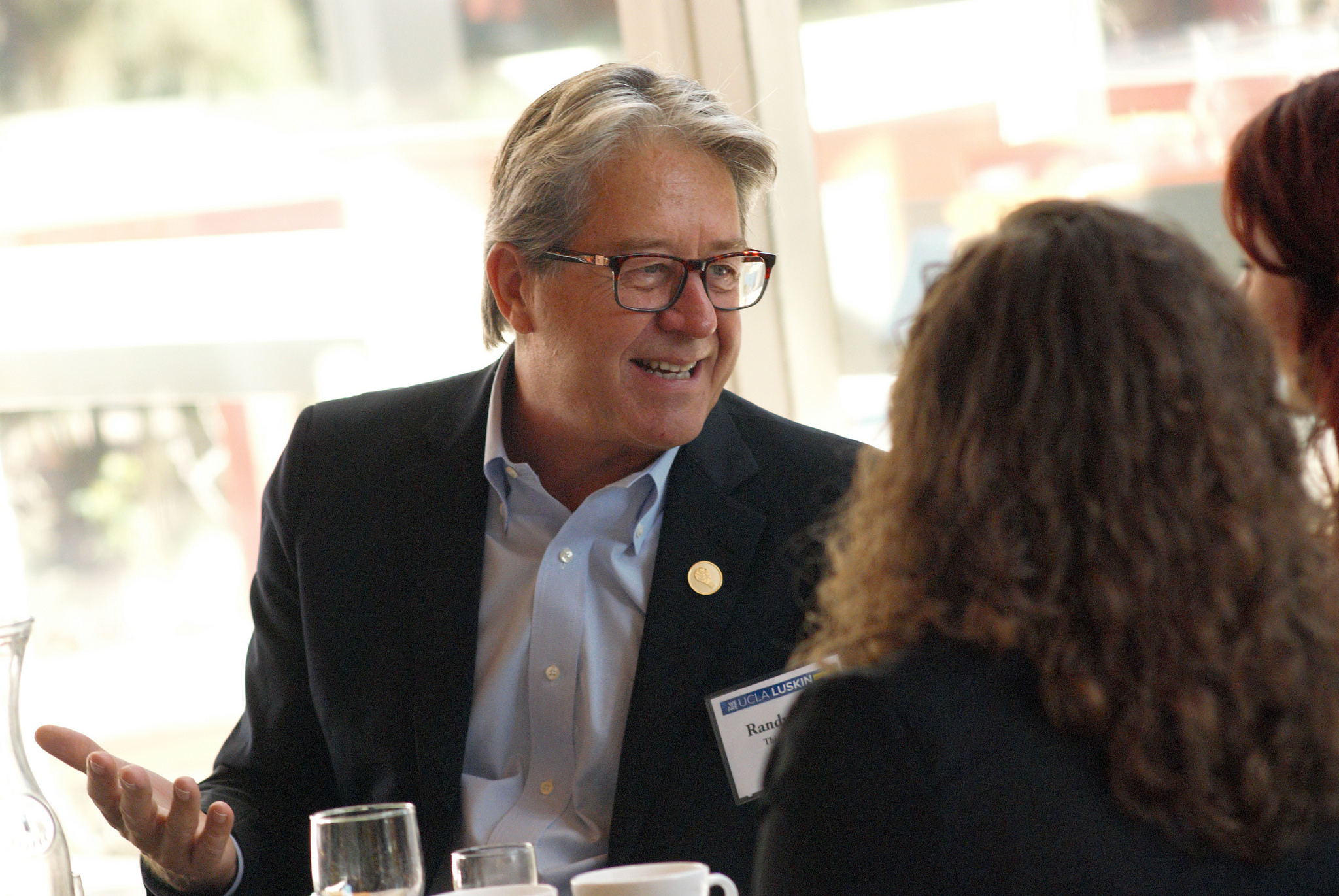


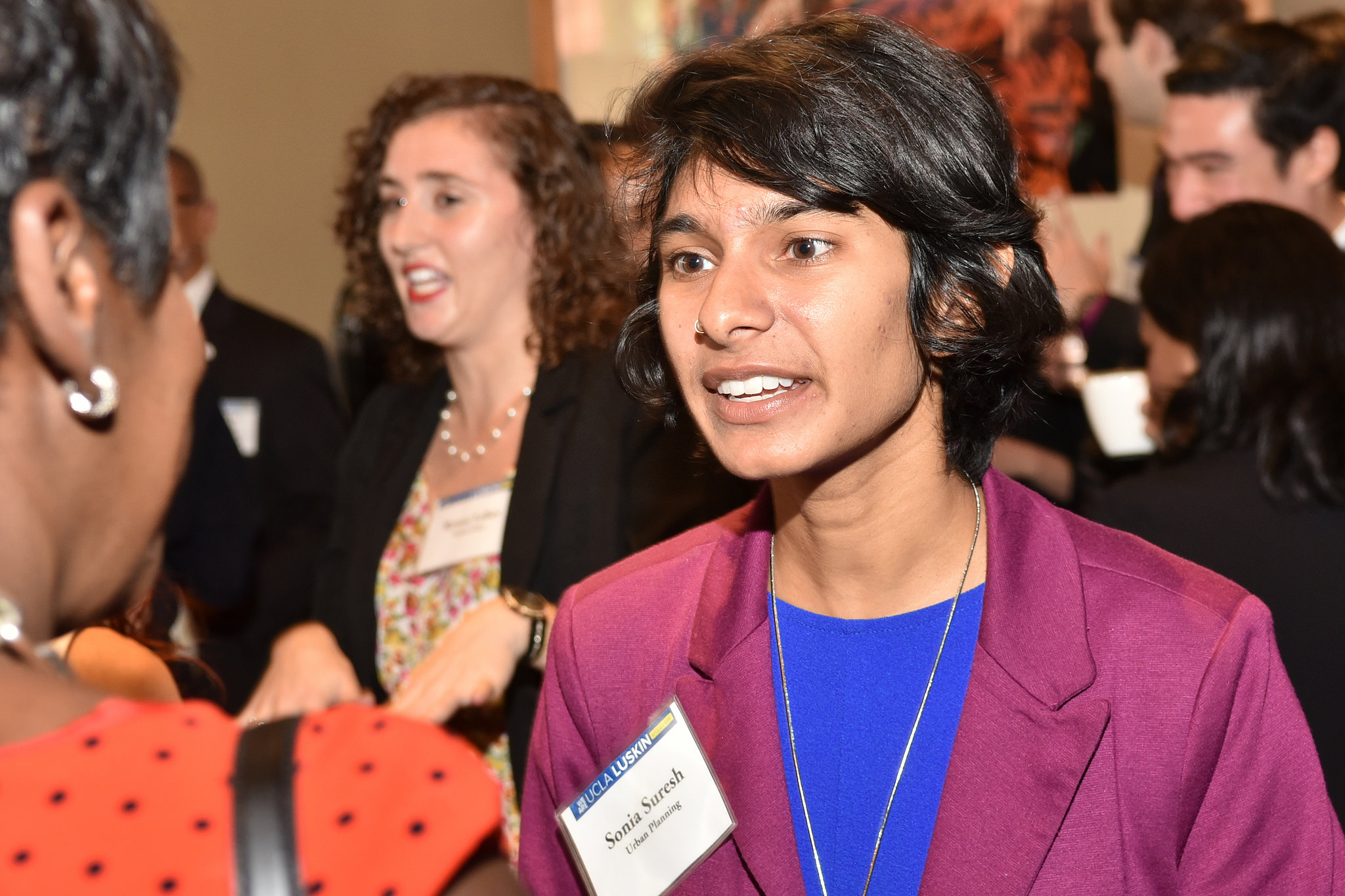

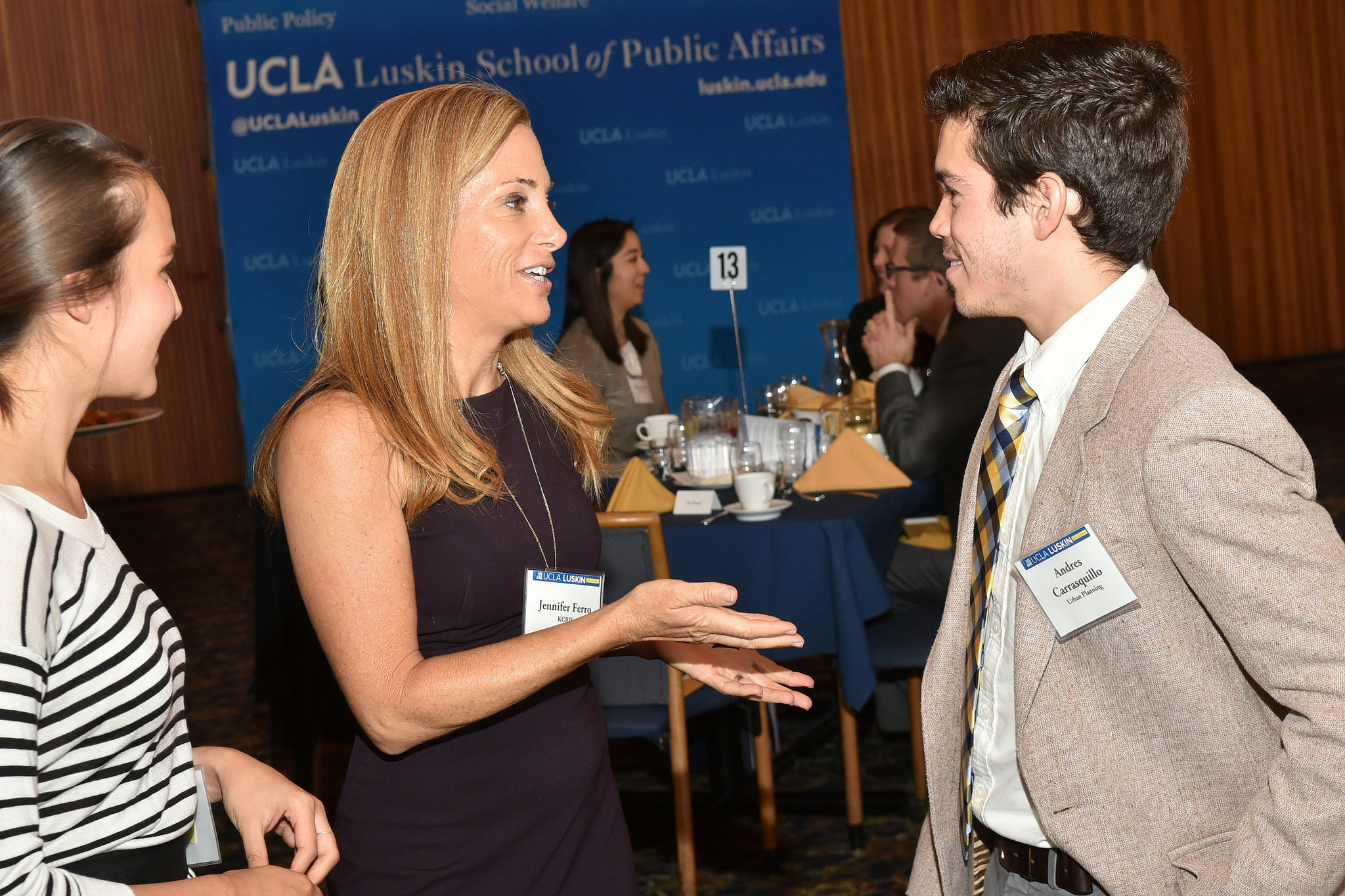

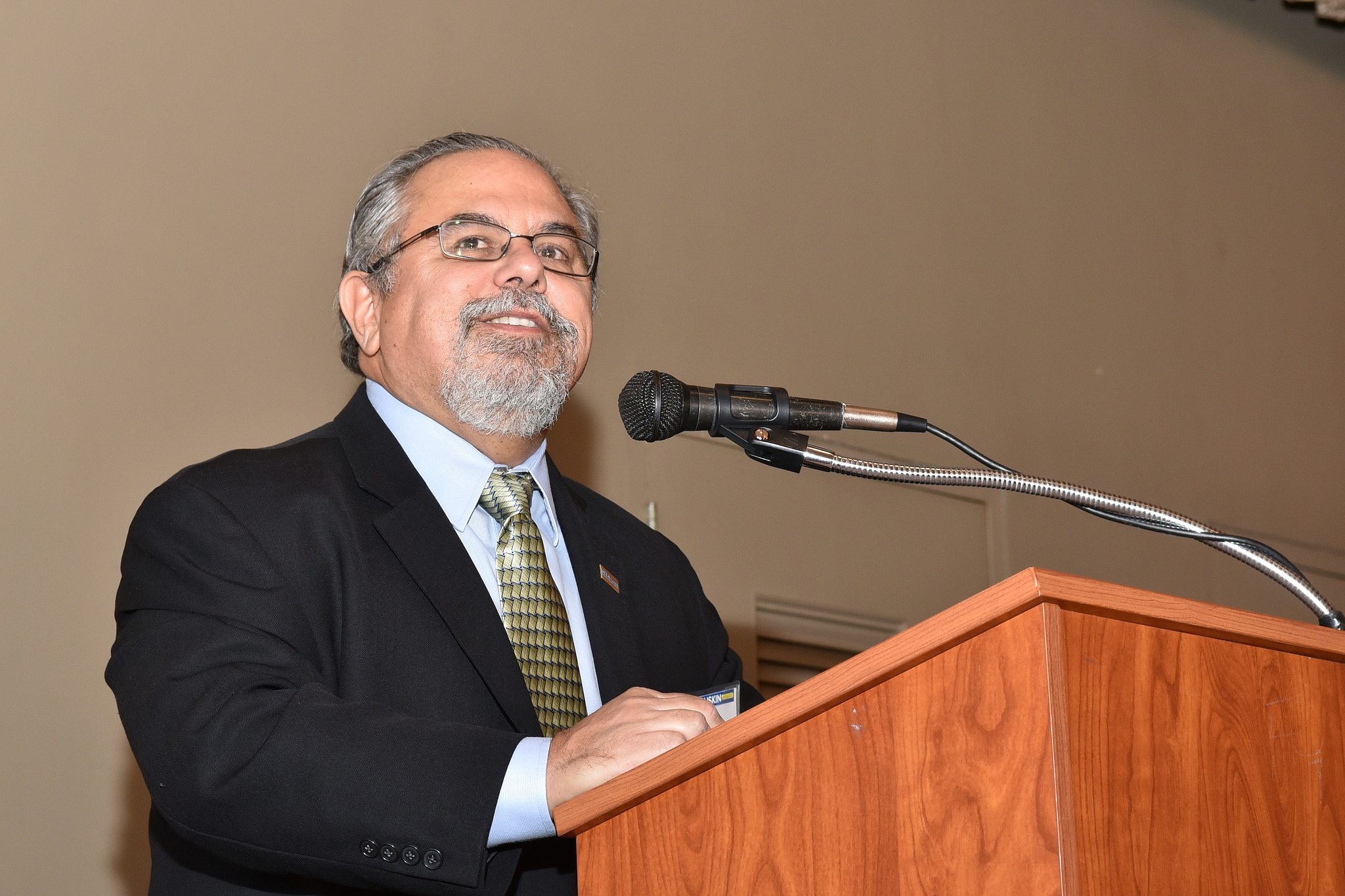

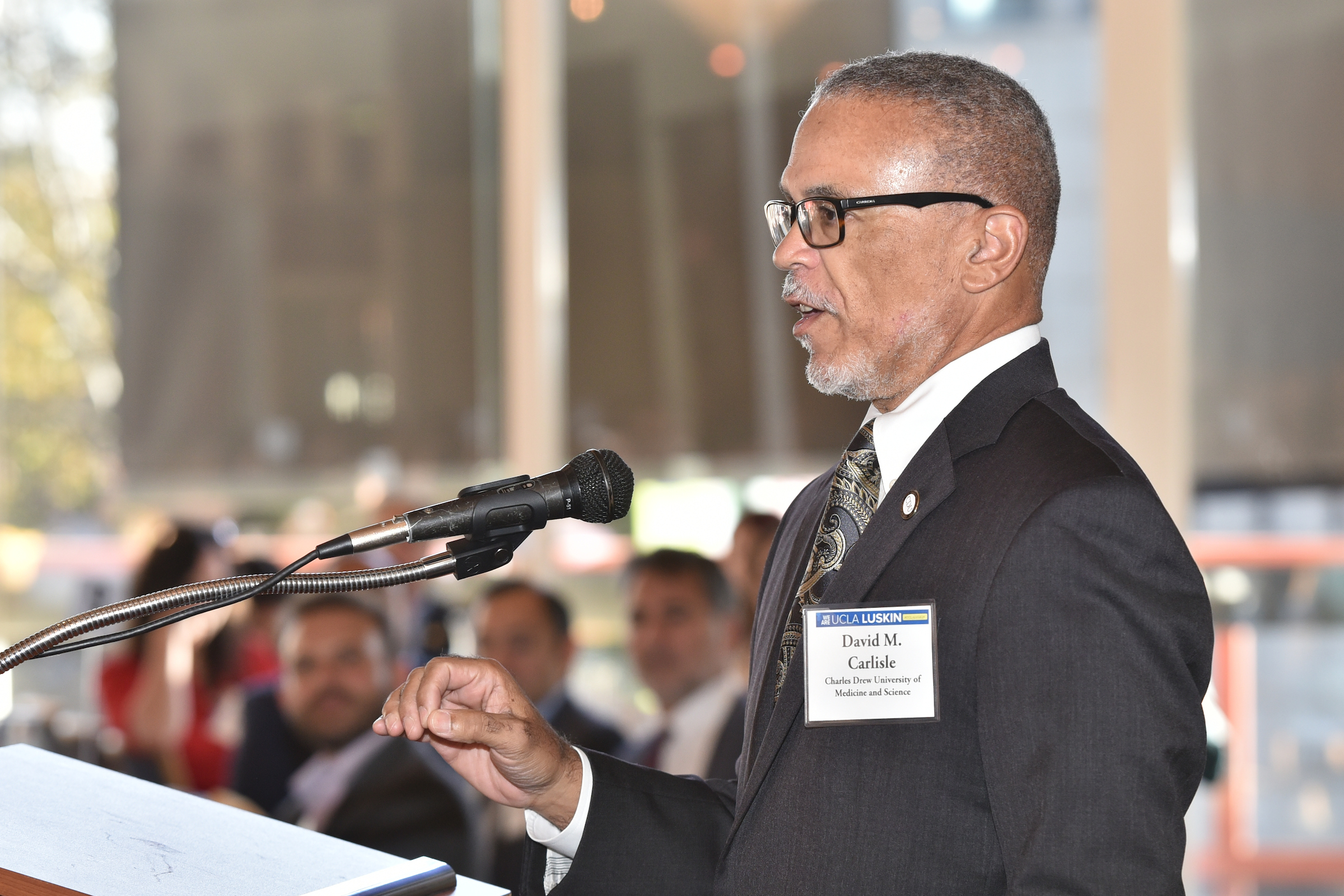

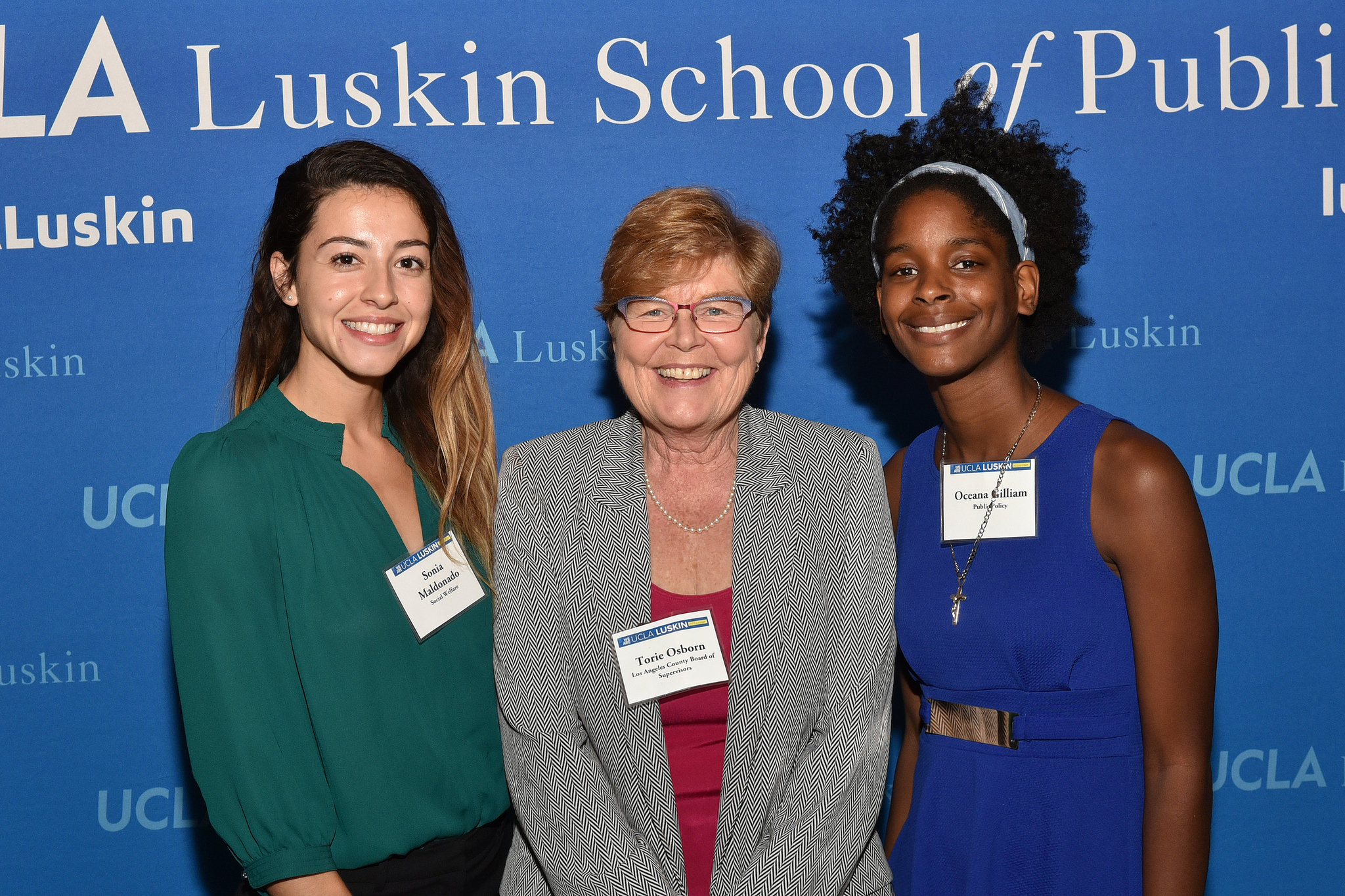
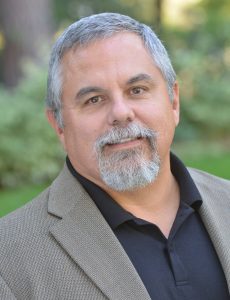 Segura: I’m not a physician — I’m not that kind of doctor — but my first rule is to do no harm. There are a lot of very good, wonderful and exciting things going on here. And my first step would be to find out what I need to do and where I can be helpful to enhance, enlarge and grow the existing areas of strength in the school. My second step will be a pure information-gathering one.
Segura: I’m not a physician — I’m not that kind of doctor — but my first rule is to do no harm. There are a lot of very good, wonderful and exciting things going on here. And my first step would be to find out what I need to do and where I can be helpful to enhance, enlarge and grow the existing areas of strength in the school. My second step will be a pure information-gathering one.